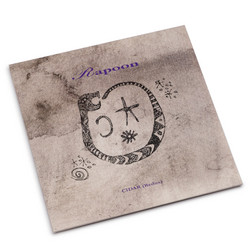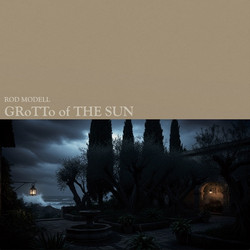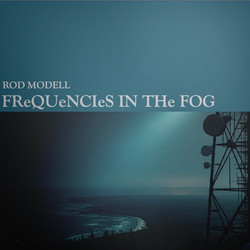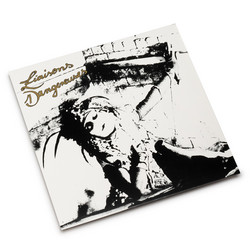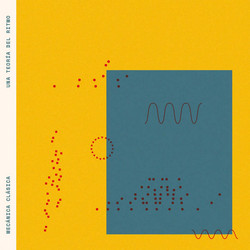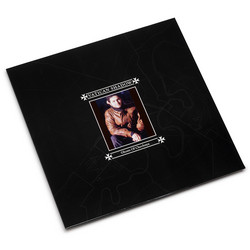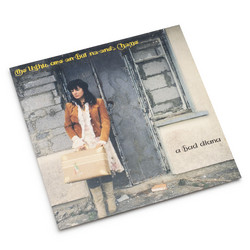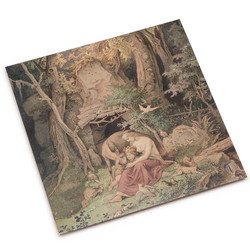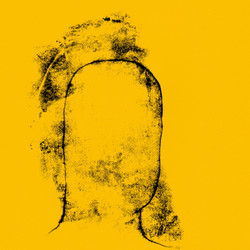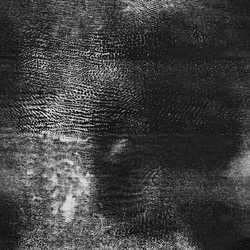**300 copies** Throwing himself into bouts of taut, fractious, and probing electronics on his sophomore LP, The Revolt of Aphrodite, Sam Wills uses the same palette as found on his White On White LP - PPG Wave, Kurzweil K250, Emulator 4 and Lexicon 224 - albeit with a finer manipulation of form. Oscillating between the Alva Noto / Anne-James Chaton-esque minimalism of All This Vulgar Data, to the cubist UKFunky rhythms in Iolanthe Dances and Dego-like broken beats in Skins Plastered With White Lead, we end up in the curdled electronic sensuality on The Foetus of a Love Song which gives the album a deftly imaginative and playful dimension that stands in contrast to the homogeneity of much of modern electronic music’s all-too-often blinkered dreams.
Following a similar process that was applied to the visual cues of overlooked British constructivist Marlow Moss in his 2018 debut, and recent lysergic rescoring of Kubrick’s Full Metal Jacket, Willis employs a strategy of in/direct references to Durrell’s seminal ’60s sci-fi diptych The Revolt of Aphrodite - comprising the novels Tunc and Nunquam - in an absorbing re-imagining of its scenes, rendered in a mix of electronic shrapnel, craftily disrupted UK club rhythms, and stuttering vocaloids.
The original books’ themes of “Nietzchean psycho-sexual satire”, and their acerbic, bawdy, densely allusive text, serve to push Primitive World toward more complex drum programming/editing and a finer spectrum of timbres in order to best transpose the stories into music. Set against a backdrop of the May 1968 general strike in Paris, the books address notions of multiplicity and contingency, and a preoccupation with structure and “cause and effect” that Primitive World reflects in the music’s mazy narration and his poetic embrace of literary/musical license. Where modern electronic music too often arrives at the same aesthetic conclusions inspired by iconic work from William Gibson or Asimov, Durrell’s influence provides something altogether new to the absorbingly otherworldly.





